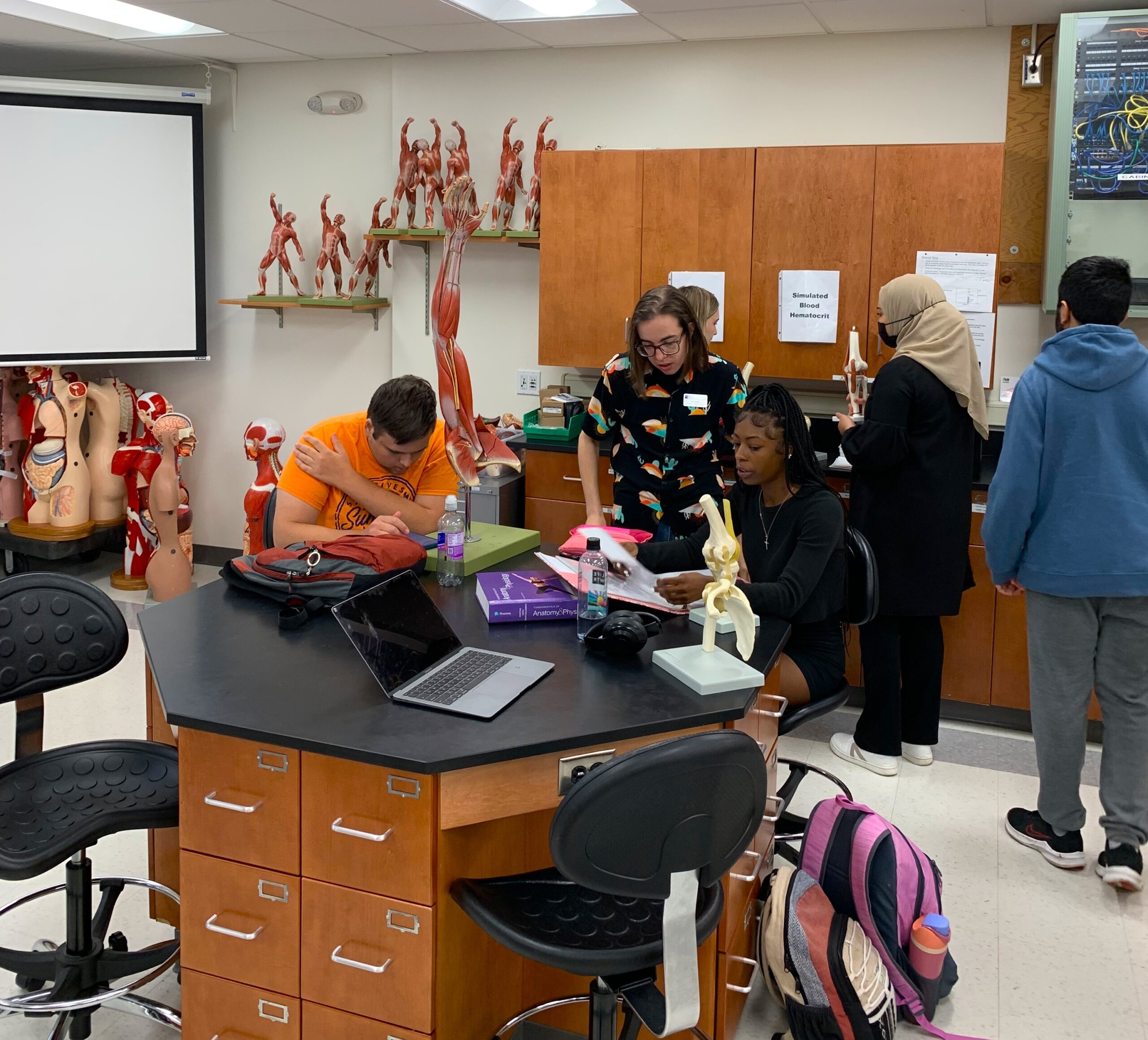STLCC is making e-readers available in all libraries across the district

Tyler Burrus
-Staff Writer-
As electronic reading devices, or e-readers, are becoming more popular, STLCC is making e-readers available in all libraries across the district.
“Libraries are always looking at new technology,” said Bonnie Sanguinet, manager of the Meramec campus library and instructional resources.
STLCC libraries were given a $5,000 budget to buy four Kindles and five Nooks, available for rental at STLCC-Meramec and the other campuses. The remaining funds can be used to buy titles requested by students or faculty.
Sanguinet said the addition is part of a pilot program to gauge interest among faculty and students.
Getting your hands on a Kindle or Nook may take a few days depending on availability, and e-readers are shared throughout the district.
The e-readers have a three-week check-out period, just like a regular book in the library. You must have a valid student ID but no Kindle or Nook account necessary. Students can go online or at the circulation desk to request a Kindle DX, Kindle Keyboard, Nook Classic or Nook Simple Touch.
All Kindles and Nooks come pre-loaded with about 50 different titles such as “Twilight”, “The Help” and include at least one type of dictionary. Internet has been made inactive for both types of e-readers and no textbooks are loaded on them, according to Sanguinet.
“There is still quite a bit of money left to use for more titles,” Sanguinet said.
The e-readers are set to the library account, meaning the library can only add titles. Students and staff can request additional titles by sending in a request online at the library homepage.
Although it is not guaranteed your suggested title will be purchased, Sanguinet said it would be highly likely unless it was considered inappropriate material.
One student, Kelley Johnson, said she prefers to read physical books because she likes to highlight and write notes in them. She said students may not take care of them and they are costly to replace.
“I realize that technology is implemented to better society but I almost feel like it is harming us rather than helping us and causes us to be more reclusive,” Johnson said.
Another student Karla Posos said she prefers books but her sister, who was not interested in reading, began reading when she was introduced to an e-reader.
“I personally like actually picking up the books and reading because it reminds me of my childhood,” Posos said. “I used to be a bookworm.”
Sanguinet said the program is a great way to find out if you like using an electronic reading device. She said the devices come with easy-to-read instructions in case a reader is unfamiliar with how to operate the e-reader.
“If the pilot is successful the plan is to get more,”
Sanguinet said.











